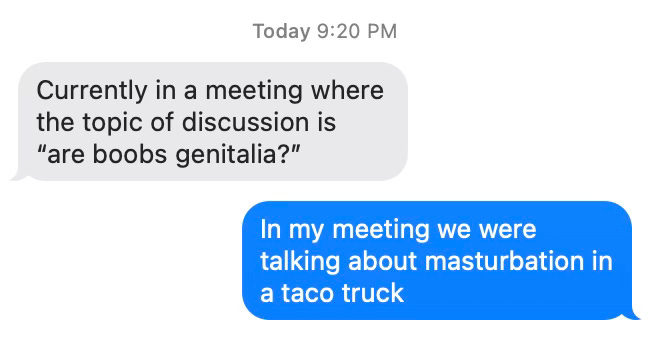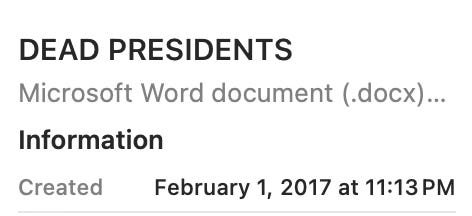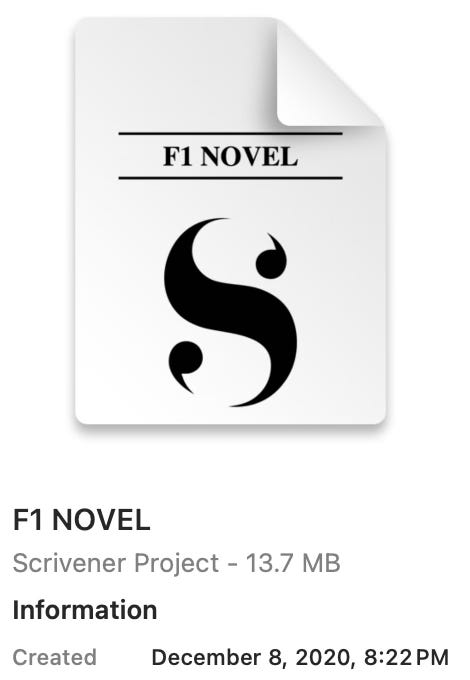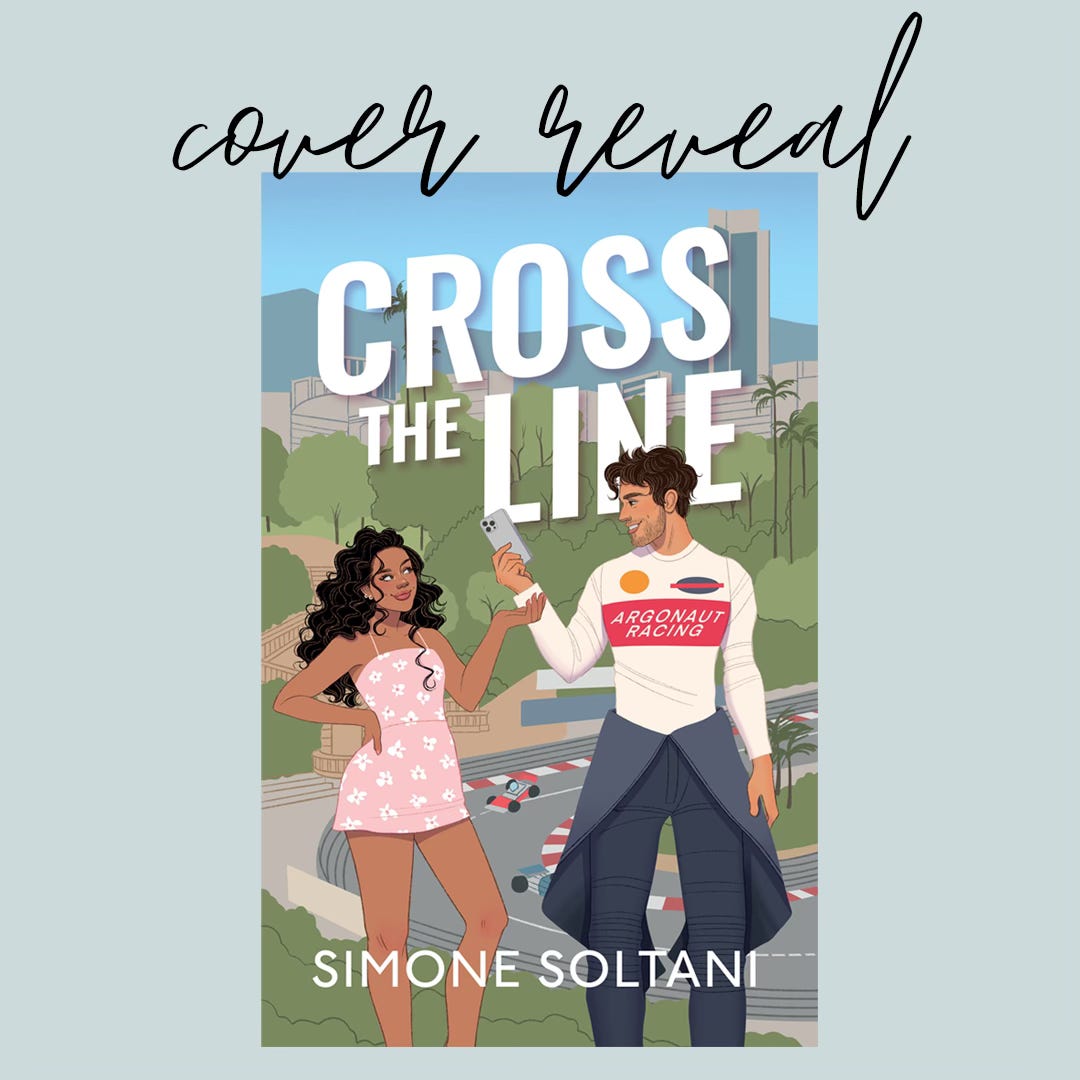How CROSS THE LINE Came to Be
aka why I wrote it, how I got my agent, and how I got a publishing deal. It's, uh, kind of a long story...
Now that CROSS THE LINE has been out for a month in the UK and with a month to go before it’s out in the US, I figured it was time to tell the tale (and boy, is it a tale) of how the book came to be, how I signed with my agent, and all the important events that led up to it. There were…a lot of them.
Content warning for this post: Death of a parent
I emailed Silé at 5:27 PM on Saturday, September 9, 2023 with a desperate plea as the subject line: Publishing Offer - Seeking Representation. I wasn’t expecting to receive a reply until Monday morning at the earliest. It was the middle of the night in London, after all, five hours ahead of my time zone in Washington, DC. She could have been asleep (I would have been) or out with friends or doing literally anything other than checking her work email on a weekend.
My computer dinged with a reply 26 minutes later.
This story actually starts two years before I sent that email.
In September 2021, I rented a house in Palm Springs, California with two friends I had met on a writing website many years before. It was our first time meeting in person after long text threads and even longer phone calls. But this trip would lead to us living together in London come January and countless other international adventures. It would also lead to me finally being brave enough to take the publishing plunge years later.


On that trip, we spent our mornings sipping coffee poolside and talking about the books we were in the process of writing, brainstorming, or daydreaming about. In the afternoons, when the sun was at its highest and the heat unbearable, we retreated inside to tap away at our respective keyboards, sitting quietly together in the same room, occasionally staring off into the distance before blurting out questions about craft, gathering suggestions for character names, and running wild ideas past each other.
I have this Formula 1 romance series planned that I’ve wanted to write for years, I mentioned one afternoon. It was something that had been bouncing around in my head for ages, inspiration growing with each new F1 race and season. The year before, I had finally compiled all of my ideas, outlines, and snippets into a giant Scrivener document, just to see what all I was working with.
As it turned out, I had enough plot lines and characters for nearly ten books. I didn’t think any of them would get written in the near future. They were just dreams on (virtual) paper.
At the time, I was creatively exhausted, only kind of picking at various outlines for books I wanted to write but not actually writing them. I’d been working full-time as a ghost writer/editor at a serialized romance fiction app for about a year and a half, tasked with continuing stories for thousands of chapters. They were like soap operas, but for romance books. And a hell of a lot steamier.
I had about five of those serial stories on my plate at the time. Most of them were updated daily with at least one new chapter. Keeping all their details straight—plus constantly coming up with new plot lines for them, brainstorming ideas for new serials, and editing dozens of chapters a week—meant I had no brain power left to think about my own ideas. I was drained.
But Palm Springs was meant to be a hard reset, a chance to actually have a week off where I didn’t have to think about those serials. Where I could finally take the time to think about my own books.
The general consensus from my friends as I explained the sports romance series I had been slowly outlining was oh my god, you have to write it. I think I told them I’d get to it eventually—when my job wasn’t sapping all of my creativity.

I was ready to get back to writing new books, though. But I felt like I had to relearn how to do it. Sure, I may have been writing every day for work, but writing serialized, never-ending stories works out a completely different muscle than writing a tightly plotted three-act (or four-act, as I am commonly guilty of) novel.
And yeah, I’d been writing novels since I was 14, with at least six under my belt by that point, so I had some experience. I’d even sold a four-book series to the company I was working for—it was how I got my job in the first place.
But I’d finished my most recent novel in early 2020, right before I started ghost writing. I was rusty, and my F1 series was a little too dear to me to be my test subject. Plus, I wasn’t quite ready for the amount of planning and world building (yes, contemporary novels *do* require world building) it was going to take to get it off the ground.
In November 2021, I started casually writing a contemporary workplace romance. It was a low-pressure experience, a chance for me to dabble with a fun and sexy story while relearning how to structure a novel with a definitive end. I chipped away at it whenever I could find a spare moment—over the December holidays, on my flight to London in January, at a cafe in Finsbury Park in February, in a hotel room in Paris in early March…
Over those months, I felt like I was living my absolute best life. I was traveling, living with amazing friends, and getting back into the world after Covid shut everything down. Most importantly, I was enjoying writing again. After a rough couple of years, I was feeling lighter and creatively fulfilled. I was happy.
And then my mom died.
It was sudden and extremely unexpected. I didn’t get to say goodbye. I was across an ocean, getting the news via a phone call from one of my aunts. It was, and so far remains to be, the worst day of my life. Two years on, I still carry such an immense amount of guilt and grief that sometimes I find it hard to breathe.
I stopped writing as my family and I adjusted to our new normal. Everything was so quiet without Mom J. She was a warm, loud, emotional presence. And creative. To this day, I still find half-empty notebooks and scraps of paper with her own story ideas written down on them. She and Mom D—her partner of 45 years and my other mom—supported me being a writer every step of the way, even when I didn’t believe writing was an actual career I could have. (My degree in Geography and Geographic Information Systems instead of English and Creative Writing is a testament to that)
But I needed a distraction from my grief. I’d already thrown myself back into work, so returning to writing my own books was the logical next step. Over the next couple of months, I started to settle back into my life. I was figuring things out.
And then I got laid off.
I still have to laugh when I think back to how outrageous the whole situation was. In late May 2022, I went on a cross country roadtrip with Mom D and our dogs from DC to Joshua Tree National Park in California—Mom J’s favorite place in the world—so we could have a celebration of Mom J’s life there with our family. I took a few days off from work for our drive there, and then spent a week working from our rental house.
I knew something was up when my boss announced she was leaving the company. I said goodbye to her over Zoom, squinting against the harsh desert sun. It was business as usual for the rest of the week. May turned into June. Then I put on my OOO email notification and started the trek back east with Mom D.
We were just crossing over the border into Texas when the calendar invite popped up on my phone: Mandatory Full Company Meeting. It was scheduled for two hours later.
From the passenger’s seat at a rest stop, I logged into the meeting from my phone as trucks blew past on the highway behind us and my long-legged puppy nibbled at my ear. The meeting started normal enough, with everyone saying goodbye to other high-ranking employees who had also decided to leave the company. Then came the whammy—they needed to let go of at least 50% of the staff and were offering us a buy-out. We had 24 hours to make our decision.
I remember hysterically laughing when I left the call because, truly, what a fucking joke. My life had already been turned upside down when I lost Mom J and now here was another thing to shake it up. But, truth be told, I’d been unhappy at my job for a while. I was burned out. I barely had any energy to devote to my own books, which was what had landed me the job in the first place, and what I really wanted to focus on. I missed writing for myself.
I turned to Mom D and asked for her opinion. What should I do?
Take the buy-out, she said firmly. And write your own damn books.
I took the buy-out. And I wrote my own damn books.
I was lucky that I even could. Between the money from the buy-out, my savings, contract work, and support from my family, I was able to start writing pretty much full-time. I know how much of a privilege that is, and I will always, always make it known that I wouldn’t have been able to do any of this without that support.
I wasn’t sure how long it would last, though. Making a living off my own writing was the dream, but sometimes dreams have to be supported by day jobs. With whatever time I had, I wanted to make the most of it.
In early July, just three weeks after leaving my job, I was contacted by a new-to-the-market fiction app to write an exclusive novel for their platform. It felt like a sign from the universe. Like a hey girl, I know you’re worried you won’t be able to make a career of this, so here’s a little something to show you you’re on the right track kind of thing.
I sent them a list of ideas for books I’d been either actively working on or wanting to write for years: the contemporary workplace romance I was nearly finished with; a young adult novel about rich kids behaving badly; and a dark, college-set mystery that revolved around a fraternity attempting to cover up the murder of a pledge.
Shockingly, they chose the book about murder.

I’d had it outlined and planned for at least six years at that point. My friends were sick of hearing me talk about it. But it was an emotionally heavy book, and one that required a ton of research, so I’d been putting off writing it until I could find the time to dedicate to it. Well, now was the time. I could finally sit down and tackle it, and be paid to do so.
Long story short, it wrecked me. It was a book about loss and grief (which I was still in the raging depths of) and racism and classism and rape culture on college campuses. It drained the life out of me. By the time I finished it in January 2023, I was…not mentally or emotionally well.
After that experience, I knew I couldn’t write books like that anymore if I wanted to save my mental health. I had to write something lighter to get out of and stay out of that dark place. Something hopeful and romantic and low angst.
I had to write something that would remind me that there were still things I loved and enjoyed, even if it felt like the world was shrouded in heavy gray grief.
So I started writing CROSS THE LINE.
I spent a month rereading my outline for the first book in my Formula 1 romance series (which I named Lights Out) and editing/adding to it. I got started seriously writing in March 2023, pretty much a year to the day that Mom J passed. It felt right.
I then launched the Simone Soltani pen name so I could have a fresh start. It was also so that my previous young adult novels and closed-door romances (for those who don’t know the term, “closed door” means there are no explicit sex scenes in the book—any sex scenes included are typically fade-to-black) would be separate from my future open-door adult romances. Plus, I just didn’t want those old books following me so closely. I really wasn’t the same person or writer anymore.
My plan was to self-publish CTL and the rest of the Lights Out series in Kindle Unlimited. I had no intentions of querying agents or traditionally publishing the book. Honestly, I’d always kind of thought that traditional publishing wasn’t for me. It’s a scary process, from querying agents to going on submission and everything else that goes along with the typical process. It can take years to simply land an agent or sell a book, and I’d watched plenty of friends already go through it. It took a toll on them. At least with self-publishing, I could get this book straight to readers.
In June 2023, under yet another pen name, I self-published the contemporary workplace romance I’d been working on, mostly so I could experiment with the self-pub world and learn about the process. Let me just say, there was a sharp learning curve, and I have such profound respect for the self-pub/indie authors who are out there hustling every single day. But even through my struggles, I met new readers and friends—including the person who would eventually guide me toward my future agent.
I still don’t know how exactly Soraya found me and that book, but I’m so glad she did. Every day I’m thankful that we somehow ended up messaging each other on Instagram, chatting about romance and commiserating over how tough writing can be. She was kind enough to tell me that whenever I thought I might need an agent, she would help me organize a list of people to reach out to. How generous is that? Again, it felt like the universe giving me another little nudge.
Of course, I didn’t think I was going to need an agent for anything, so I thanked her, sent her the manuscript of CTL to read whenever she had time, and mostly forgot about the offer.
But then my social media marketing for CTL started to gain traction. I can thank the cover reveal for that because the artwork drew in a whole new crowd of people. (Leni Kauffman, you’re a superstar, thank you for the best cover ever.) The book was slated to be released on Amazon on September 15, so I started sending out Advance Reader Copies in August. Thankfully, those ARC readers seemed to enjoy the book, and it started to pick up more attention—including from several editors at major publishing houses.
I sat and stared at my inbox when the first email rolled in from an editor asking to read the manuscript. And then another came in. And another. I was definitely flattered that they wanted to read it, but I kind of laughed it off, thinking nothing would come of me sending the manuscript to them.
Maybe it was impostor syndrome whispering in the back of my head, I don’t know, but I honestly didn’t think anyone would want to acquire the book. It didn’t matter that I personally loved it—the doubts were loud. So I sent it off to them and went back to getting everything ready for my Amazon launch.
But then, in the afternoon on Saturday, September 9—six days before CTL was set to be self-published—an offer came in from an editor at Pan Macmillan in the UK. (Kinza, if you’re reading this, I’m still so grateful to be working together!)
I was stunned. They wanted my niche Formula 1 romance, with its biracial characters and chronic illness rep. With its low angst and fluffy moments and MCs that had been obsessed with each other for ages. The book I wrote to lift myself out of a dark place and put the things I love on the page. No way.
But it was real. And I realized that I wanted it. I wanted to see that book in stores. I wanted more people to be able to find it in places other than Amazon. I wanted a team to help me make that happen. I also realized I needed an agent to help me in that process too. I wanted an expert in my corner.
I messaged Soraya almost immediately after getting the offer, saying something along the lines of So uhhh remember how we talked about agents? I think I need one... For all the help she gave me, I am forever (happily) in her debt.
I did my research and then sent my first (slightly rambling) email to the agent I felt would be the best fit for me and this book: Silé Edwards at Andrew Nurnberg Associates. Like I mentioned before, I wasn’t expecting to hear back from her until Monday, but instead I received a reply in less than thirty minutes, telling me she would read the manuscript and that we could chat on Monday morning.
I knew from the second Silé and I started talking that we were going to make a great team. I was so impressed by her knowledge and passion, plus she soothed the anxiety I was having over this wild, whirlwind situation. Anyone who can do that deserves a medal. Plus, she’s witty and hilarious and cooler than I can ever hope to be.
I had an offer of representation by that afternoon. We hit the ground running the next day in negotiations. The rest is well documented on my Instagram.
I absolutely understand that the way I signed with my agent is not even remotely the norm. I know that I am extremely lucky that things worked out this way. I didn’t have to trudge through the query trenches like so many other authors. I already had an offer from a publisher, which surely made the process easier (and faster) because there was a deal on the table. Silé didn’t offer to represent me solely because of that—she had to believe in the book, considering how much work she was going to have to put into representing it—but I’m sure it didn’t hurt my chances. And she had to believe in me, too.
I’m incredibly grateful to Silé and the ANA team for seeing not just CTL’s potential, but mine as an author. And I’m thankful for all the people who helped me get to this point, because they played a huge part in making this happen. None of this occurred in a vacuum. It’s the byproduct of my own hard work and all the hands that reached down to pull me up.
I can’t wait to see where we go from here. But the journey to this point is just as important to me as what comes next.
This post is a roundabout way of saying a handful of things:
CROSS THE LINE was not my first book. Yes, it’s my traditional publishing debut, but I have written many, many other books across various genres and names. All of those helped me get to this point. They helped me grow. All of them led to me signing with my agent, even if it happened in a very unusual way.
Publishing isn’t always a linear process, and there are tons of directions you can go in with it. I certainly did, from writing on fiction apps, to self-publishing, and eventually to traditional publishing. And there isn’t one right or wrong way to do it—it’s about what you want and what works for your writing.
A lot of this is about luck and who you know. Yes, it’s also about hard work, but timing, the market, and who manages to get their eyes on you/your manuscript matter too. Big time. And you can’t necessarily control those.
Be open to change. And be willing to ask for and accept help.
Sometimes, you just have to write what makes you happy. Write the things that bring you joy. Yes, write the books that are heavy, but you can always move into lighthearted territory. Both types of books are important, and one isn’t better than the other. They fulfill different needs and wants.
I wrote CTL because I needed to step away from my grief and write a book that could bring me a little sunshine. I needed something that would part the clouds. And it did.
Now, I hope it can do the same for others. If you choose to read it, I hope it can bring some lightness to your life too, whether you need it or not.
All my love,
Simone





